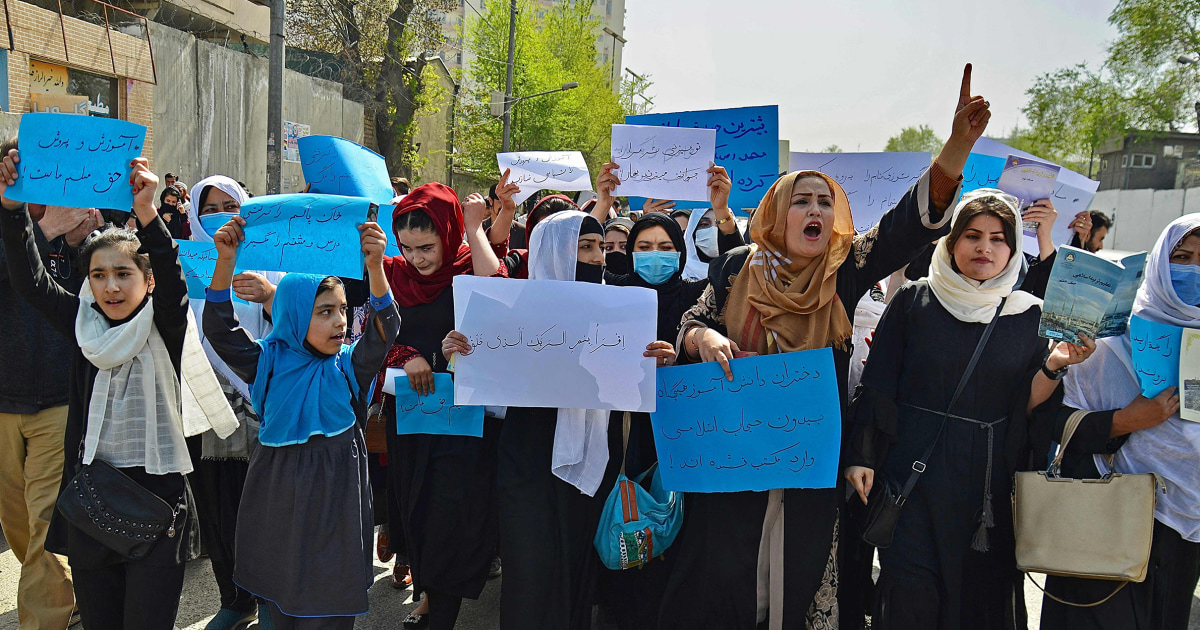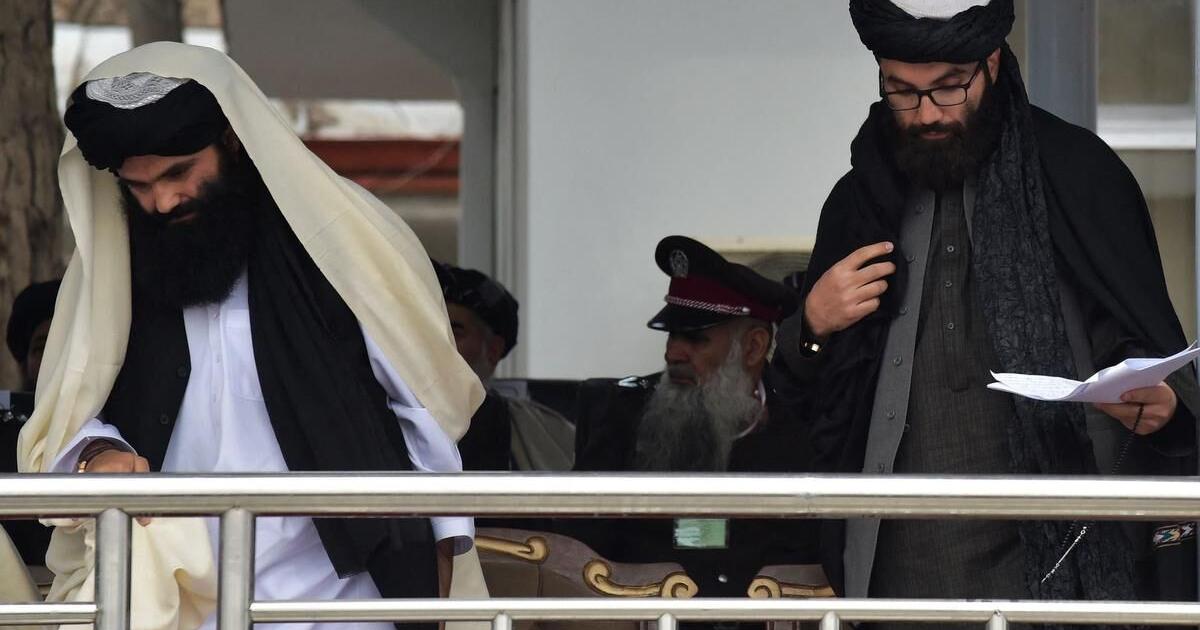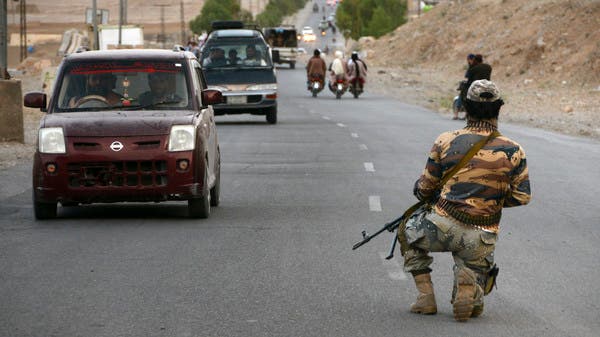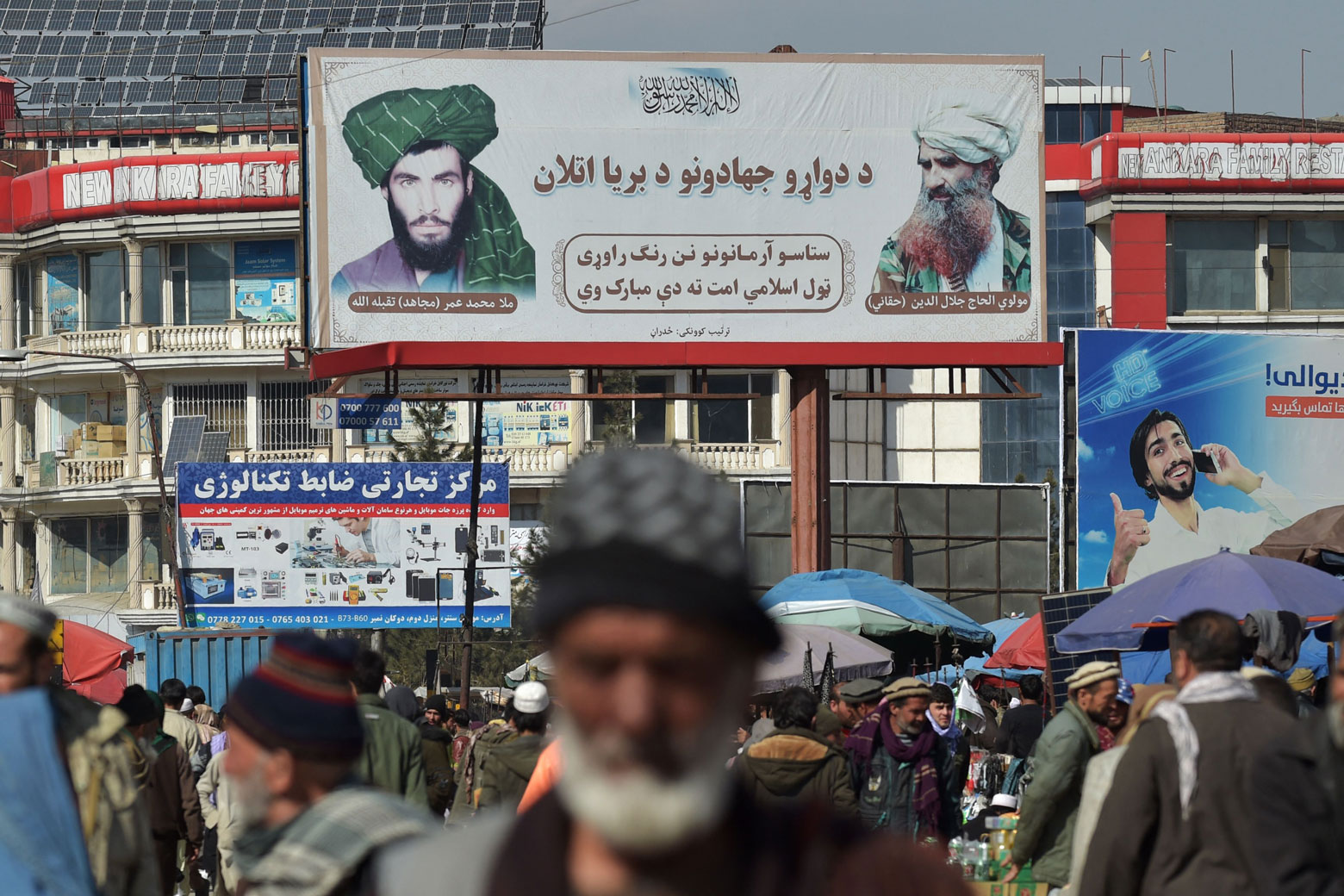The New Cult of Martyrdom
Nothing encapsulates the ideological commitment or modernizing tendencies of the Taliban better than the suicide bomb. In the early days of the American intervention, it was assumed—by Afghans and outsiders alike—that no Afghan would ever kill himself for the sake of holy war. The code of the Pashtuns honored the living, not the dead. A man who killed himself forfeited the esteem of his peers. He abandoned, shamefully, his responsibilities to his kin. The taboo against suicide was so strong that when in 2004 the Taliban succeeded in setting off a car bomb outside of a government ministry in Kabul, the Taliban released a statement proclaiming that the bomber had detonated his charge by remote control. The official government description of the bombing as a suicide attack was denied by Taliban spokesmen as a slander against their movement.
The Taliban’s aversion to suicide bombing would soon change. Through a collection of Afghan poems, songs, online videos, Facebook posts, and personal interviews, anthropologist David Edwards was able to patch together the story of this transformation. His
Caravan of Martyrs: Sacrifice and Suicide Bombing in Afghanistan also begins in the world before the Soviets. Afghan poetry of that era lionizes battle with bolt-action rifles. This was the weapon of choice for feuding tribesmen. Each shot of a bolt-action rifle involved carefully aiming the gun and deliberately pulling its trigger. Feuding was less about violence than balance: bolt-action heroics did not just give young men the chance to gain renown, but also allowed tribal councils to keep the score.
Machine guns are not made for keeping score. When the Soviets invaded, Afghan fantasies of individual heroics were dashed against the brutality of industrial war. Edwards compares the Afghan reaction to Soviet artillery bombardments and carpet bombing to the shock that English poets experienced in the trenches of the First World War. In the age of mechanized warfare, death is random and indiscriminate. The role of the individual shrinks: personal prowess or courage means little when the bombs start falling. As Afghans died in their millions, Afghan war poetry changed. It stopped celebrating heroes and started honoring martyrs.
The American way of war was far less destructive than the Soviet’s industrial manslaughter, but it too eroded the values of the traditional Afghan order. The American war machine was risk-averse: its preferred operation was stealthy and surgical. This meant drone strikes from the air or raids of suspected Taliban households by American forces late at night. The latter was especially humiliating—night raids involved foreign soldiers forcing their way inside women’s quarters—but both tactics imposed upon Afghans a deep sense of shame and vulnerability. Under the traditional schema, the man dishonored at home could restore the balance by dishonoring his enemy at
his home. But how to dishonor a drone? The longer war dragged on the less relevant traditional ethics of honor became.
The path of martyrdom provided one solution to this problem. Those following this path could replace the unceasing hunt for worldly honor with something simpler and purer. Instead of the esteem of men, the Taliban offered the glory of God. Taliban thinking on this point would be powerfully shaped by both the rhetoric and operations of Al-Qaeda. The ideologues of Al-Qaeda celebrated the suicide attack as the most magnificent form of martyrdom. The martyrs of the Soviet war, they pointed out, had chosen their cause but not their fates. The moment of their death was decided by the enemy. The suicide bomber was different. His death was an act of his own choosing. This message appealed to hundreds of Afghan men who believed that mechanized war had stripped them of their agency—and represented a fundamental shift in Afghan conceptions of purpose and honor.
The Taliban’s embrace of suicide bombing reflected a newfound engagement with the global jihadist movement. As awareness of other Islamist organizations spread throughout Afghanistan, the Taliban faced powerful pressures to measure up to the competition. Nowhere was this truer than with the Islamic State. Spreading one viral video at a time, Islamic State propaganda had a special appeal to Afghan youth raised in disordered urban centers like Kabul and Jalalabad. By 2017, large numbers of these young men were blowing themselves up. Afghan adherents of the Islamic State were adept propagandists of their own right, staging and streaming extreme acts of brutality that the Taliban would never countenance. Most notoriously, the Islamic State released a video that showed their fighters forcing a group of village elders to kill themselves by kneeling on improvised explosives. It was a gruesome portrayal of the traditional order’s eclipse by a revolutionary Islamic future.
The Islamic State posed a direct threat to the legitimacy of the Taliban. Extremists could now choose which master they would serve. The Taliban was desperate to keep jihadist hardliners within their fold. Malkasian describes the contest that followed as a “free-market competition in terror.” The Taliban defeated Islamic State detachments in several pitched battles—and then unleashed a wave of bombings to appease their own extremists. The campaign culminated with Hibatullah Akhundzada, emir of the Taliban, sending his 23-year-old son to Lashkar Gah in a truck loaded with explosives. Taliban spokesmen celebrated his attack as a success. Much had changed since the days when the Taliban viewed association with the suicide bomb as slander.













